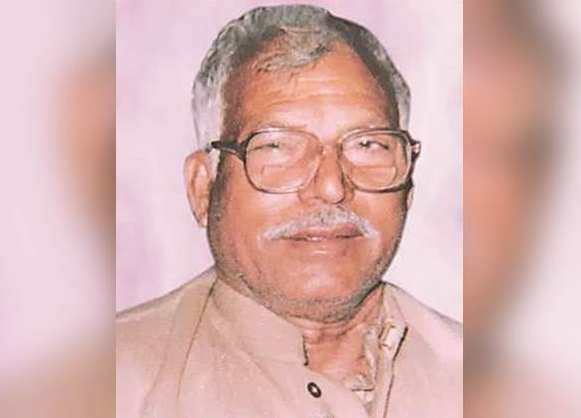Bharat Ratna to Karpoori Thakur, a Socialist Icon: 10 facts to know about 'Jan Nayak'
Karpoori Thakur, known affectionately as "Jan Nayak" (people"s leader), is the 49th recipient of Bharat Ratna, the country"s highest civilian award
Thakur, known affectionately as 'Jan Nayak' (people's leader), is the 49th recipient of the country's highest civilian award. The award was last conferred on late President Pranab Mukherjee in 2019.

Government of India bestows #BharatRatna on 'Jan Nayak' #KarpooriThakur!
— Ministry of Information and Broadcasting (@MIB_India) January 23, 2024
An apostle of equality and a shining beacon of social justice, he championed the cause of the downtrodden & marginalized and left an indelible mark on India's socio-political fabric.
The award is a fitting… pic.twitter.com/zOOO5bXgtJ
I am delighted that the Government of India has decided to confer the Bharat Ratna on the beacon of social justice, the great Jan Nayak Karpoori Thakur Ji and that too at a time when we are marking his birth centenary. This prestigious recognition is a testament to his enduring… pic.twitter.com/9fSJrZJPSP
— Narendra Modi (@narendramodi) January 23, 2024
पूर्व मुख्यमंत्री और महान समाजवादी नेता स्व॰ कर्पूरी ठाकुर जी को देश का सर्वोच्च सम्मान ‘भारत रत्न’ दिया जाना हार्दिक प्रसन्नता का विषय है। केंद्र सरकार का यह अच्छा निर्णय है। स्व॰ कर्पूरी ठाकुर जी को उनकी 100वीं जयंती पर दिया जाने वाला यह सर्वोच्च सम्मान दलितों, वंचितों और…
— Nitish Kumar (@NitishKumar) January 23, 2024

